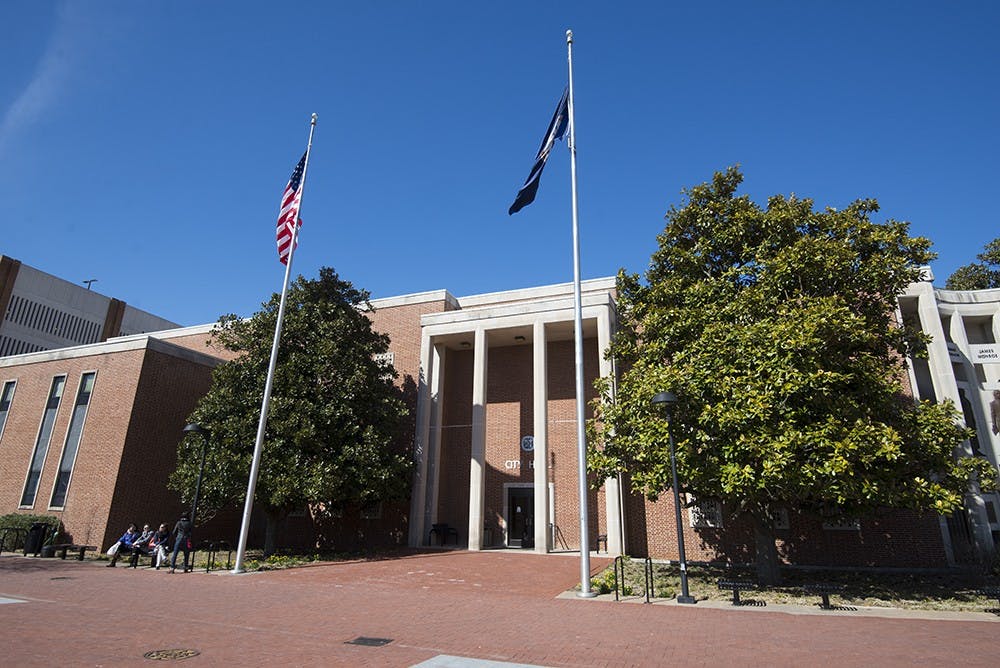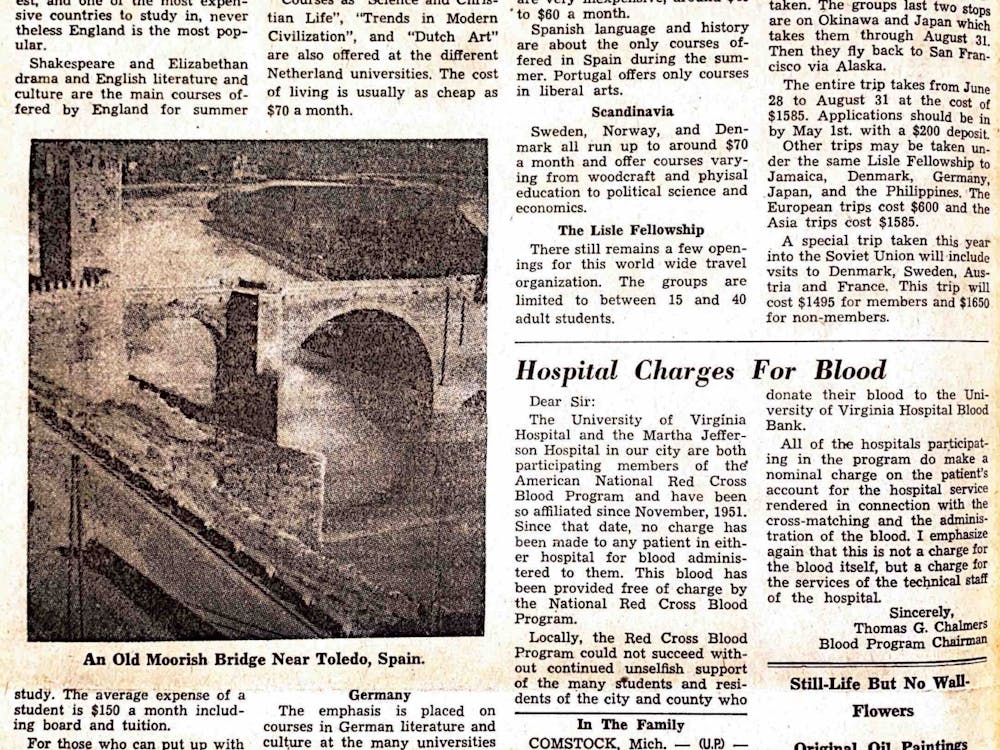The Charlottesville City Council approved expenditure amendments to the proposed budget Thursday night, restoring funding to the Public Housing Association of Residents despite the organization’s low ratings by the Agency Budget Review Team.
Programs rated fair or lower for two consecutive years are recommended for defunding. After a weak rating last year, PHAR was rated fair this year prompting community concern about the loss of the program.
City Councilor Kristin Szakos said although the ABRT score was less than ideal, the City Council recognizes that PHAR plays an important role in the city by helping citizens engage with the community. For that reason, she said the council chose to recommend PHAR receive $25,000 in 2016, the same amount of funding provided by the city last year.
“For the people who are in very high poverty — which is generally where people in public housing find themselves — there are lots of barriers to participation in the public sphere,” Szakos said. “I think that a group like PHAR really has the potential to help people find their voice collectively.”
Brandon Collins, PHAR’s organizer and intern coordinator, said PHAR was created over 15 years ago to represent residents of public housing in the City of Charlottesville. It is recognized as the resident advisory board for public housing and seeks to give input on policy changes and decisions of the Charlottesville Redevelopment and Housing Authority. PHAR also works towards physical improvements in public housing.
“We were begun by a handful of residents… who saw the need for greater involvement of residents in decision making by the Housing Authority,” Collins said. “PHAR has worked diligently to protect and improve our own communities through collective action.”
About half of PHAR’s budget comes from city funding. The other half comes from grants, tenant participation fees from the CRHA and grassroots fundraising. These funds support PHAR’s service coordination program — which helps individual residents achieve self-sufficiency — and its internship program.
“Our Internship Program is an experiential learning program designed to build community leaders, increase civic participation and increase self-sufficiency of participants,” Collins said.
“Interns are paid for 6 months of learning and activism that culminate in their implementation of an organizing project that supports PHAR’s goals and mission. City support has proven to be vital to the health of our intern program, and the intern program, in turn, is vital to PHAR carrying out our mission.”
However, PHAR’s internship program was also rated fair by the ABRT for the second consecutive year, which is grounds for its defunding. Szakos said this rating system was established to make decisions less political. As a result of the ABRT’s recommendations, programs receive funding based on results, not personal support by a city councilor. Although she is usually in favor of following this process, Szakos said she thinks PHAR is important.
“They don’t always achieve what they hope to achieve, and that’s been a problem over the years.” Szakos said. “However, I do think that PHAR plays a special role in the community.”
City Councilor Bob Fenwick also supported PHAR in this case, but said he approves of the rating system in general.
“I think the rating system is very good,” Fenwick said. “It has goals that the non-profits can aim for. It also strengthens their grant writing capabilities with feedback on what was good about their efforts and what needed improvement.”
In contrast, Collins does not think the rating system accurately assesses which programs need or deserve funding from the city.
“The ABRT process does not seem to place the same value on what PHAR does as the City Council itself seems to,” Collins said. “In addition, smaller organizations that rely on city funding are penalized for relying too heavily on the city. If this reliance was not considered a negative, we are confident that PHAR would have received a solid rating from ABRT.”
Fenwick said funding proposals to the City Council — totaling over a million dollars — are often written by outside consultants and experts who take a large portion of the money for themselves. In this way, public money is spent with few results. However, distributing the funding to organizations like PHAR keeps those public funds in Charlottesville.
“An appropriation to PHAR … keeps that money in Charlottesville while providing mentorship programs for our youth, legal aid for disabled citizens and many other benefits,” Fenwick said. “My position is we don’t need to help those who can help themselves while ignoring those who can’t find the voice to advocate for themselves.”
Collins said the final decision of the City Council to fund PHAR against the rating of the ABRT is important for the future of public housing.
“Decisions made this year will determine whether or not outcomes for redevelopment will reflect resident’s desires and the values of the community,” Collins said. “PHAR will need to be vibrant and at full capacity to ensure a positive outcome for redevelopment. Residents of public housing must have access to the systems that govern their lives, and PHAR exists as a vehicle for accessing power.”





